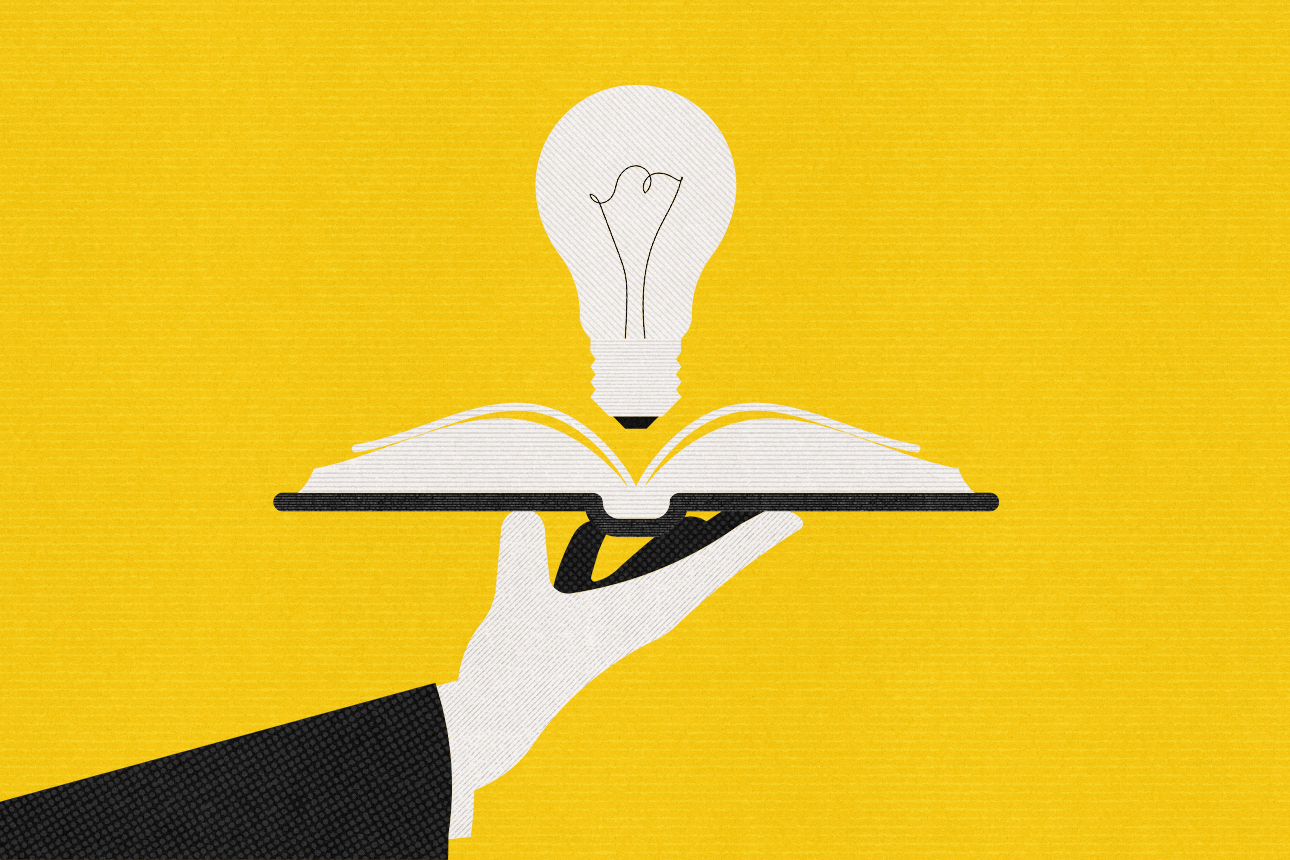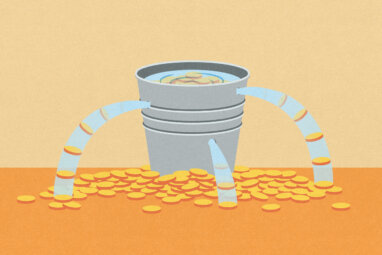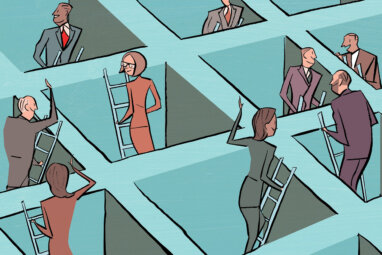Mix Creativity With the Right Mindset to Serve Up Innovation
A study of writer’s block may explain why some people find it hard to build on initial creative successes.

Carolyn Geason-Beissel/MIT SMR | Getty Images
First-time inventors, film directors, and novelists often have a hard time replicating their early success. In our recent study about creativity in the United Kingdom, we found that first-time cookbook writers suffered a similar challenge, and for similar reasons.1
While cookbooks and management may have little in common, understanding who publishes a second cookbook and who doesn’t does shed some light on what it takes to sustain creativity, in the kitchen or out. Of the first-time cookbook authors we studied, 50% published a second book within the next five years — often a variation of or sequel to the first idea. The other 50% stopped writing.
Interestingly, our research found that when the underlying idea is original and award winning, a lack of follow-up projects is more likely. Indeed, authors of novel cookbooks that won awards or earned other public recognition were less likely to write a second book than award winners whose work covered less-creative topics.
Why would some of the most promising candidates not deliver? Call it the Harper Lee effect: After the tremendous success of To Kill a Mockingbird, published in 1960, Lee released (to great controversy) only one more book, Go Set a Watchman. Published in 2015 but written in the mid-1950s, the novel has been largely dismissed by critics as a first draft of the classic that is of interest mostly to literary scholars.
The Role of Creative Identity Threat
To better explain why objectively successful writers would choose not to keep producing cookbooks, we looked to role identity theory. This psychological framework holds that once people have a particular view of themselves — such as being a creative chef, for example — losing that identity can be psychologically threatening. Viewed from this angle, not taking a chance on a new project seems perfectly rational if the second book’s potential failure could undermine that sense of self.
To test whether developing novel, award-winning ideas indeed causes people to experience what we call a creative identity threat that subsequently decreases their likelihood of producing follow-up ideas, we designed two experiments.
The first experiment involved 264 university students who were asked to develop a creative theme for a cookbook that would be written for students by students.
References (3)
1. D. Deichmann and M. Baer, “A Recipe for Success? Sustaining Creativity Among First-Time Creative Producers,” Journal of Applied Psychology 108, no. 1 (January 2023): 100-113.
2. D. Deichmann and M. Jensen, “I Can Do That Alone … or Not? How Idea Generators Juggle Between the Pros and Cons of Teamwork,” Strategic Management Journal 39, no. 2 (February 2018): 458-475.




